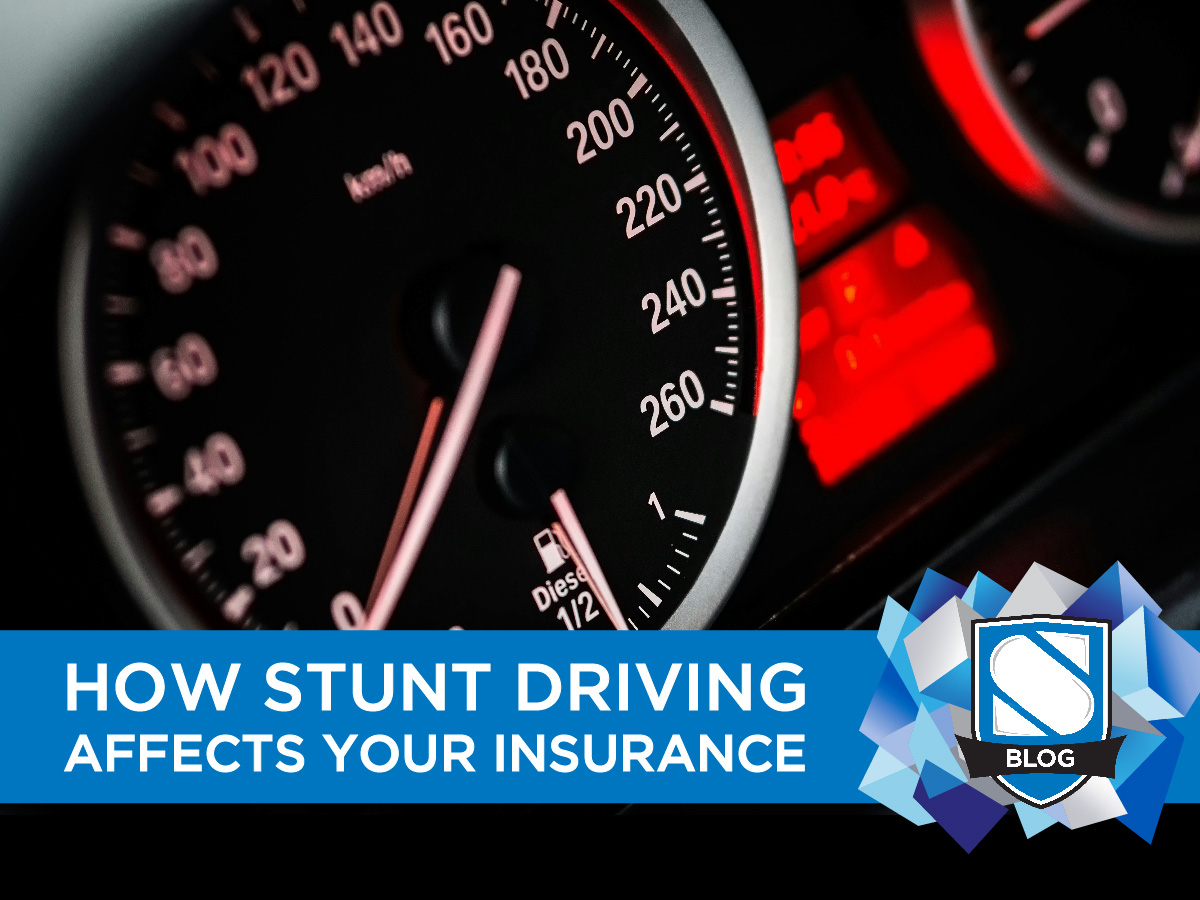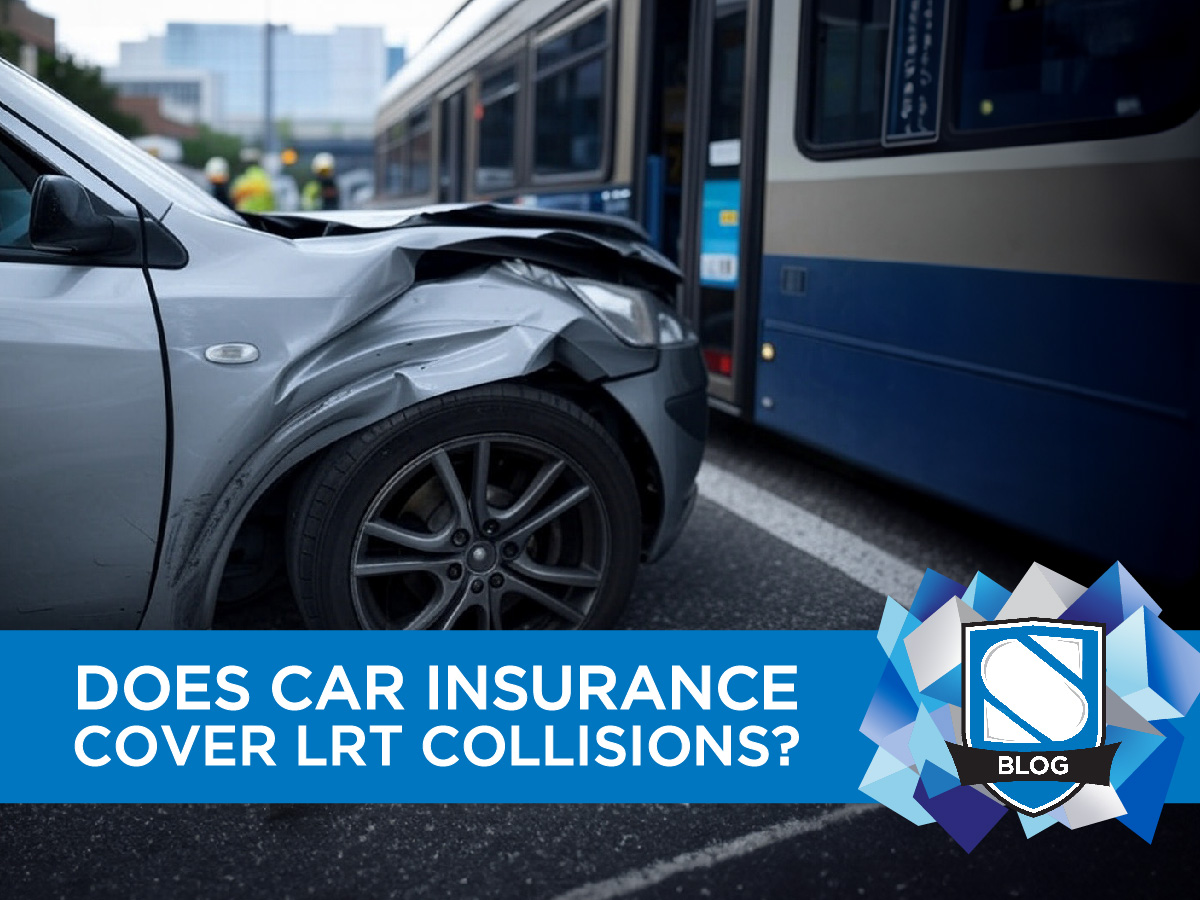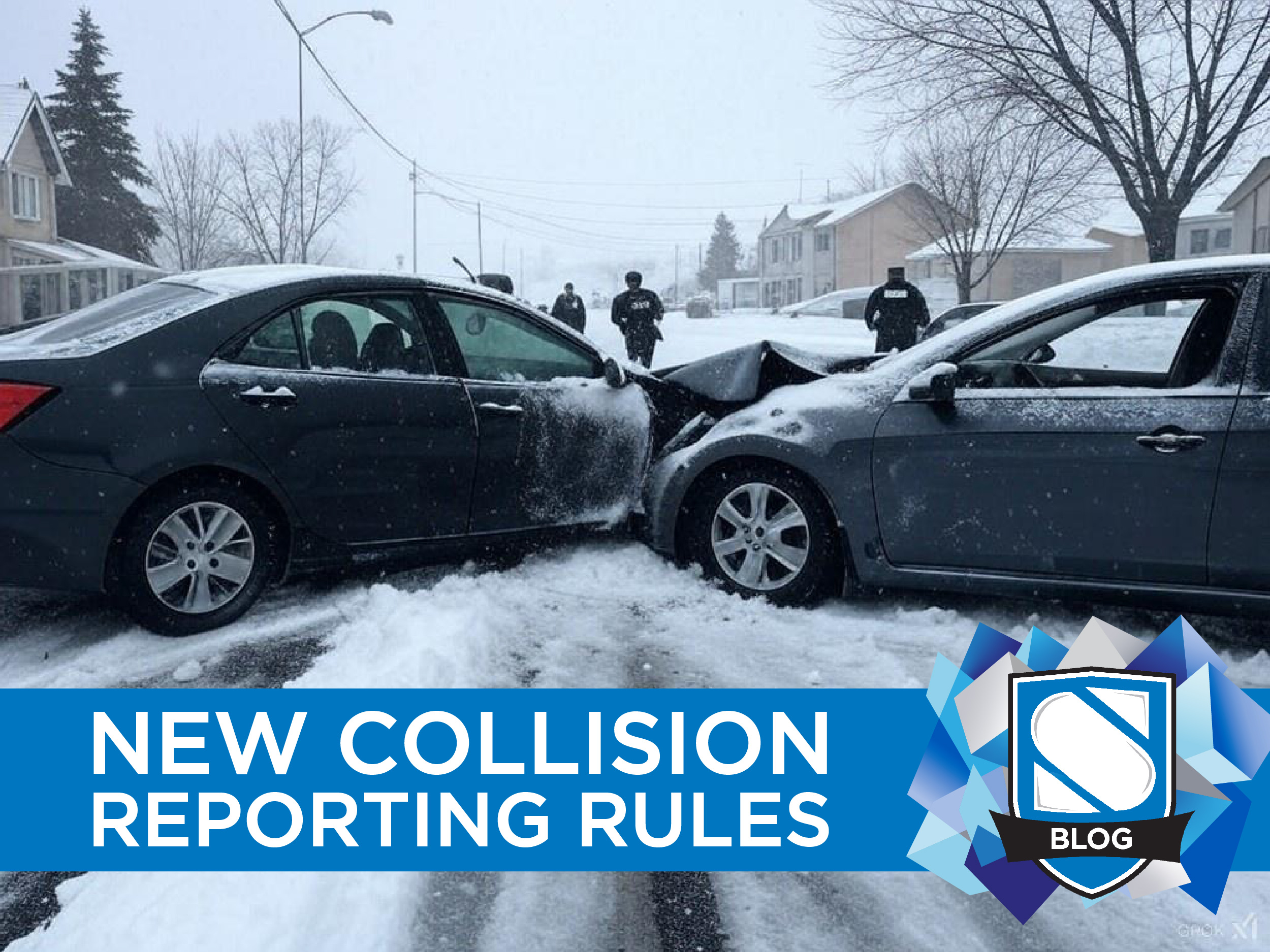Toronto police have charged a 27-year-old woman with operating an e-bike with a blood alcohol level of over 80 milligrams.
The charge has not been proven in court.
An e-bike is capable of being propelled by muscular power and is equipped with one or more electric motors of 500 W or less and can propel the bike no faster than 32 km-h.
E-bike riders do not require insurance, the Ontario Ministry of Transportation states on its website.
Under the Ontario Highway Traffic Act, an e-bike is not classified as a motor vehicle, so penalties for impaired driving under the act would not apply.
The act defines a ‘motor vehicle’ as “an automobile, a motorcycle, a motor-assisted bicycle unless otherwise indicated in this Act, and any other vehicle propelled or driven otherwise than by muscular power.”
The definition goes on to exclude “a street car or other motor vehicle running only upon rails, a power-assisted bicycle, a motorized snow vehicle, a traction engine, a farm tractor, a self-propelled implement of husbandry or a road-building machine [emphasis added].”
Under the Criminal Code, however, the definition of a motor vehicle is “a vehicle that is drawn, propelled or driven by any means other than muscular power, but does not include railway equipment.”
This definition “would include an e-bike and anyone operating an e-bike intoxicated could be charged for impaired driving,” the Ontario Ministry of Transportation notes. “If convicted, [an] offender would be subject to the Criminal Code penalties, including a fine or jail time, and a driving prohibition.”
How Stunt Driving Impacts Your Insurance Rates
In Ontario, stunt driving isn’t just a joyride – it’s a serious offence with lasting consequences, especially when it comes to your car insurance. Defined under the Highway Traffic Act as driving 50 km/h or more over the posted speed limit (or 40 km/h over in zones...














0 Comments